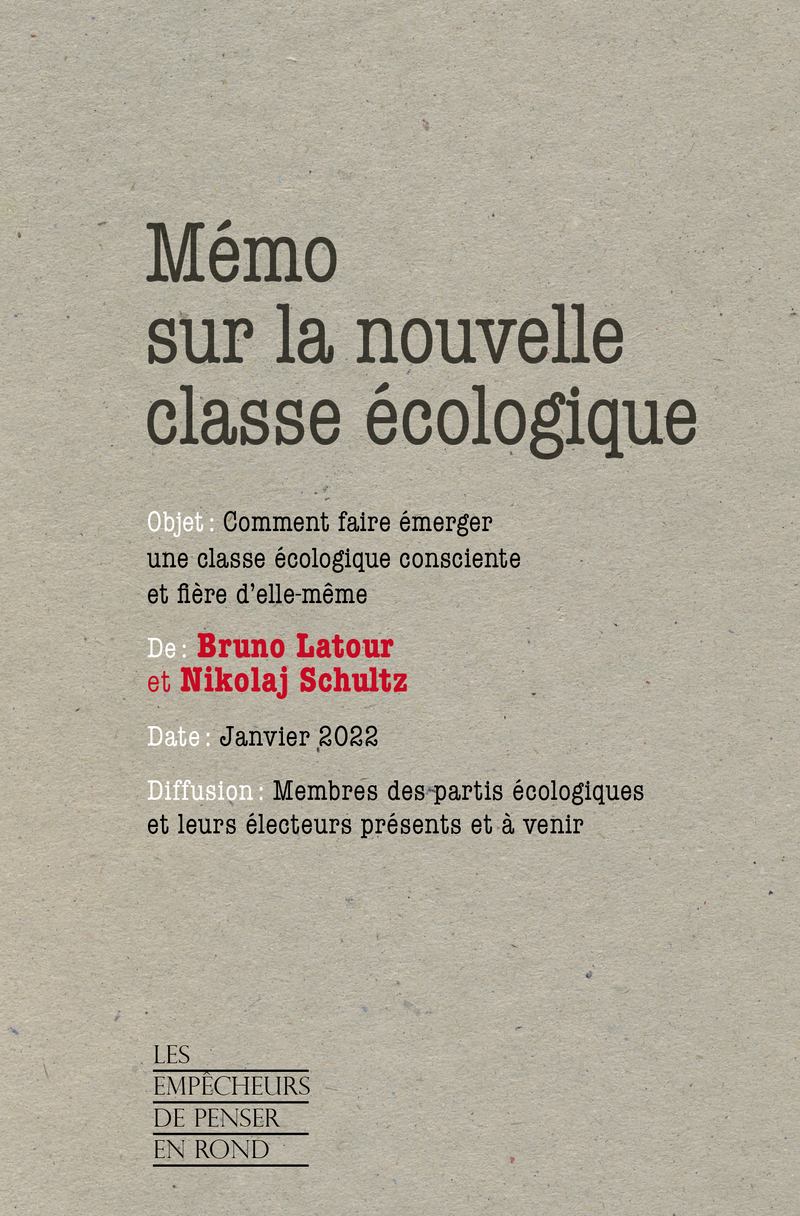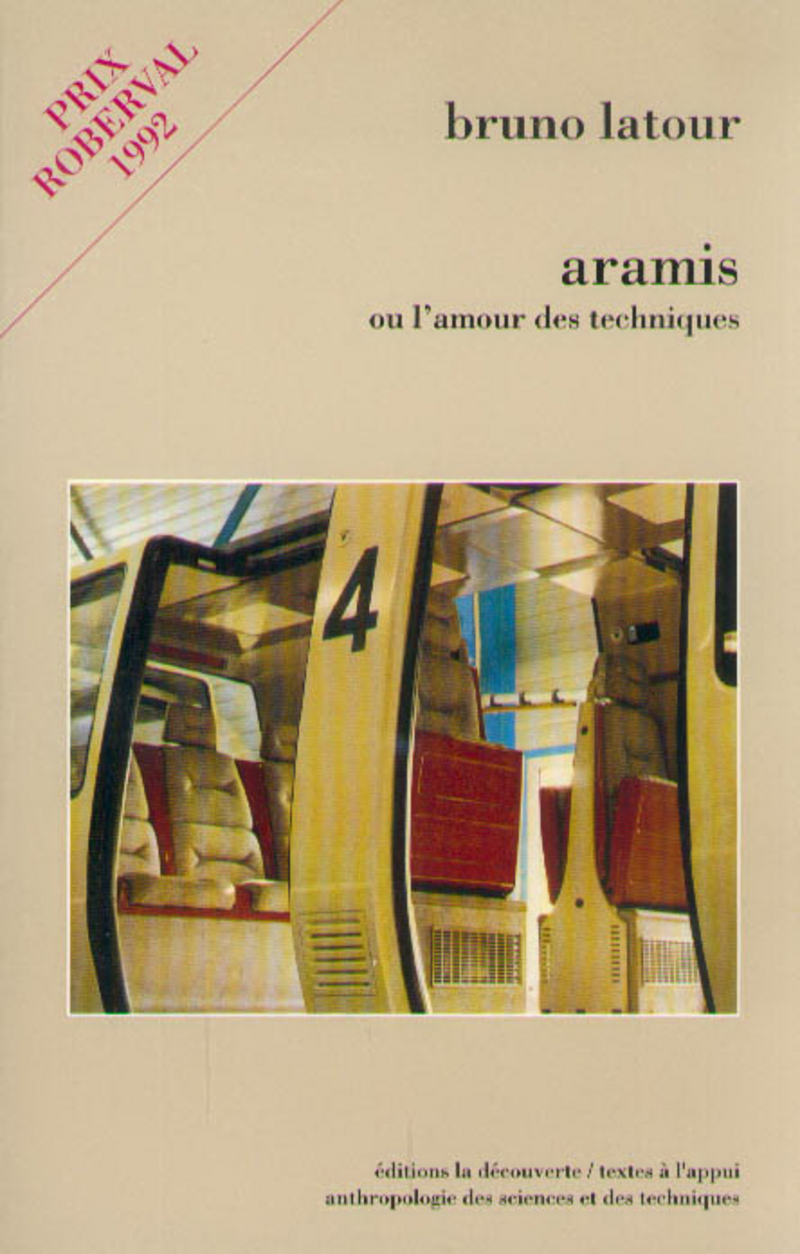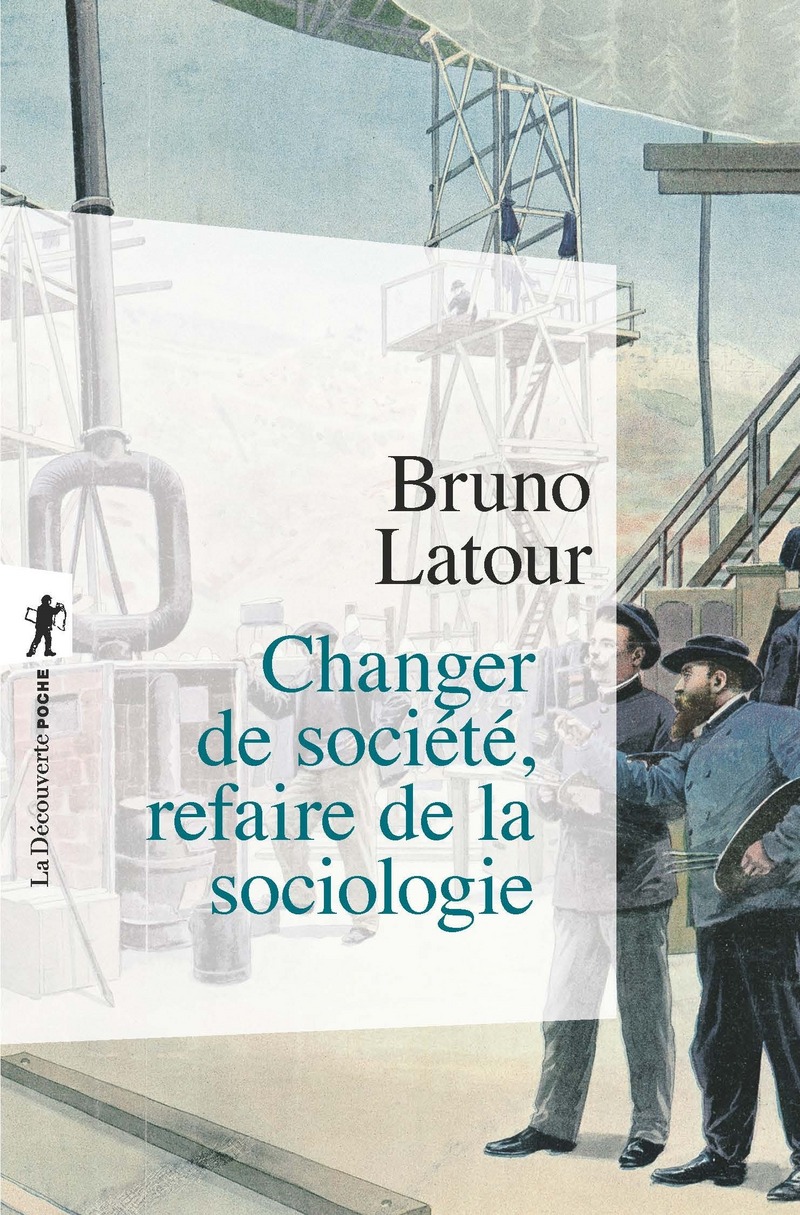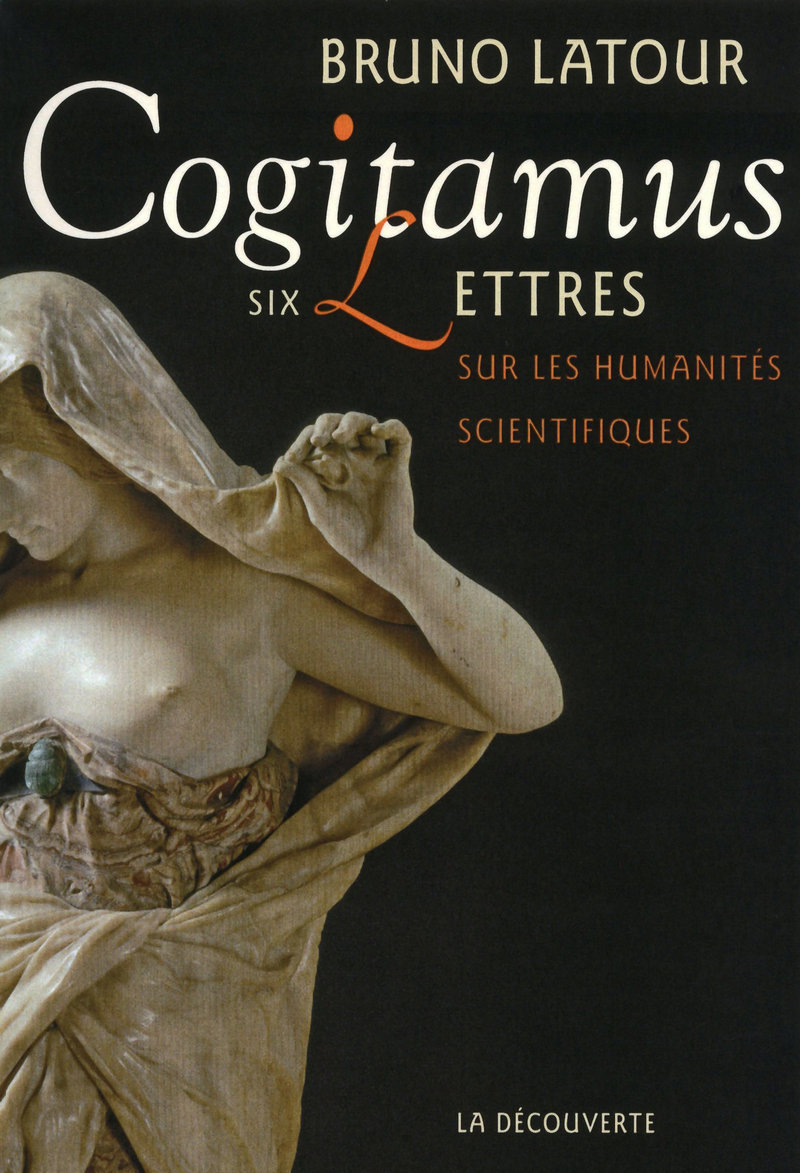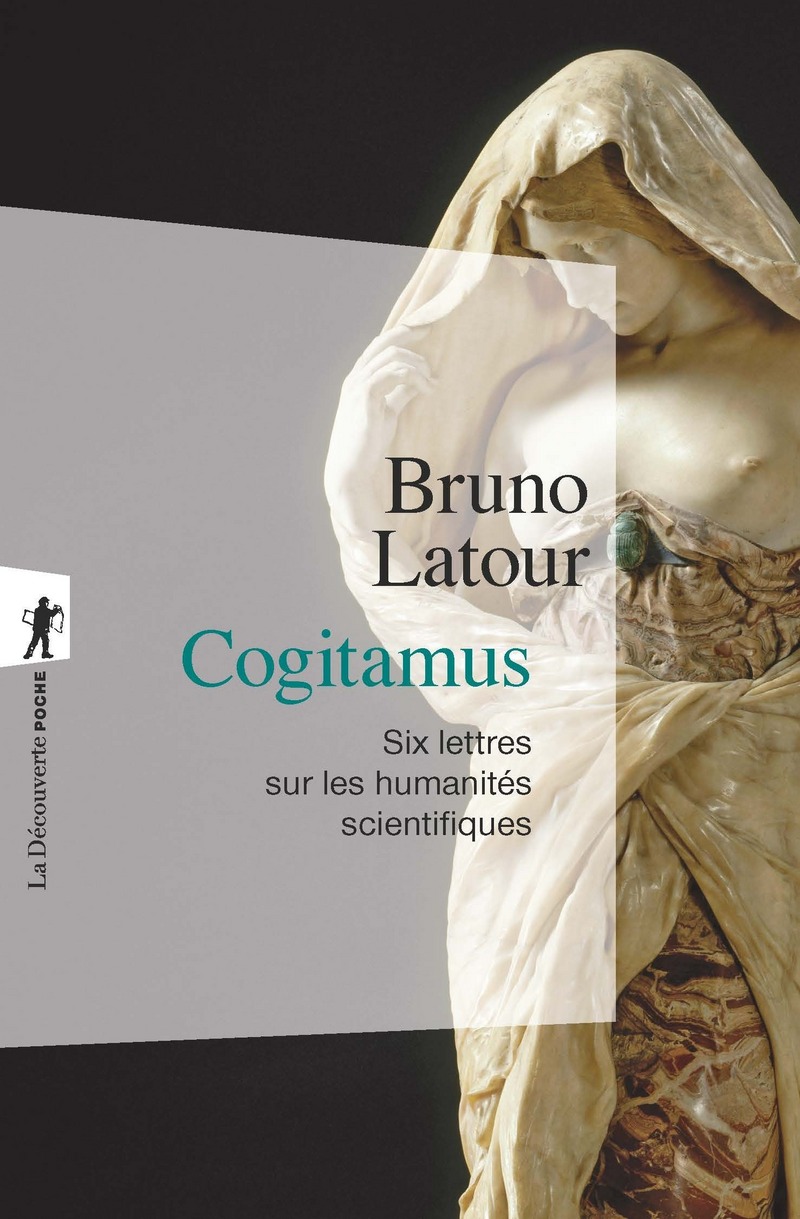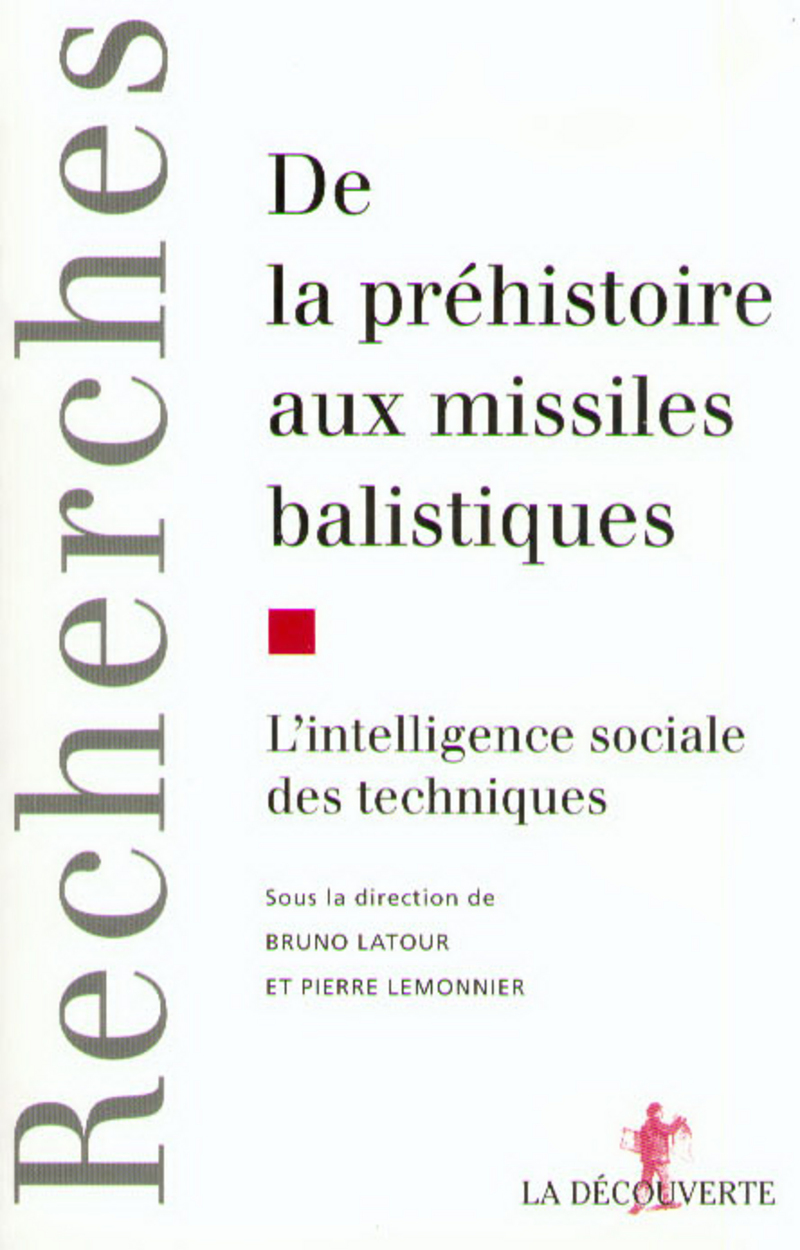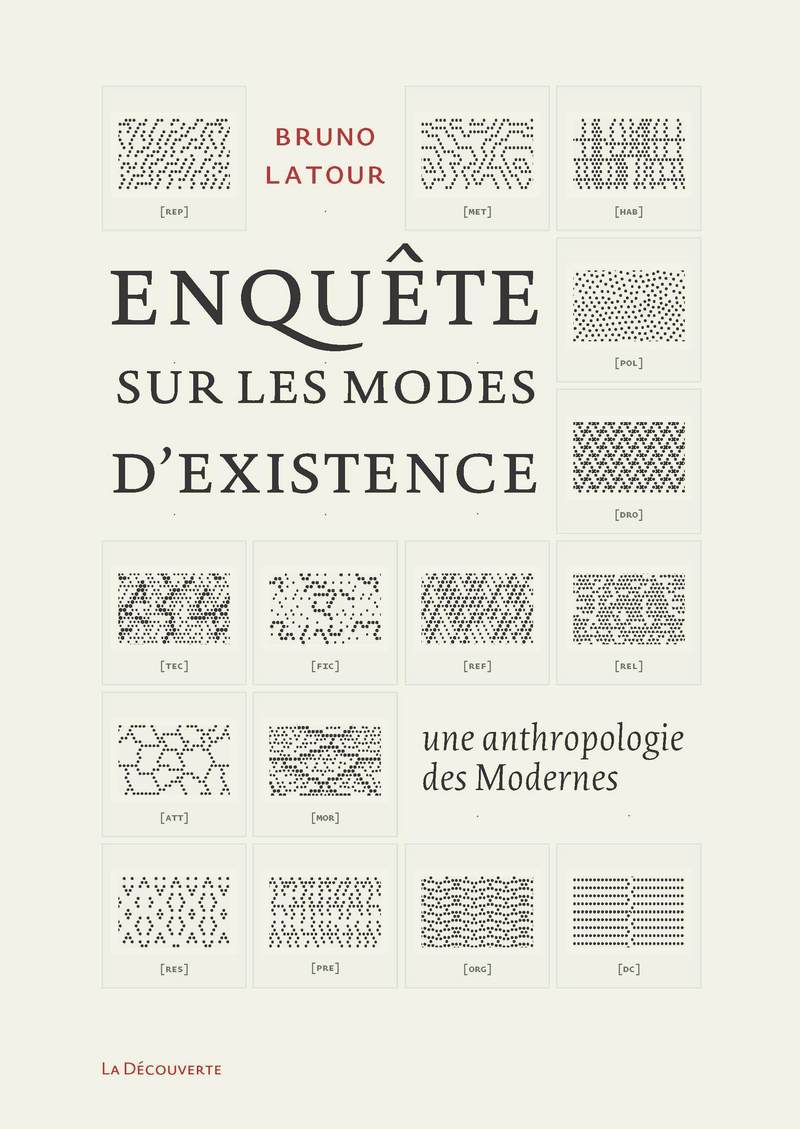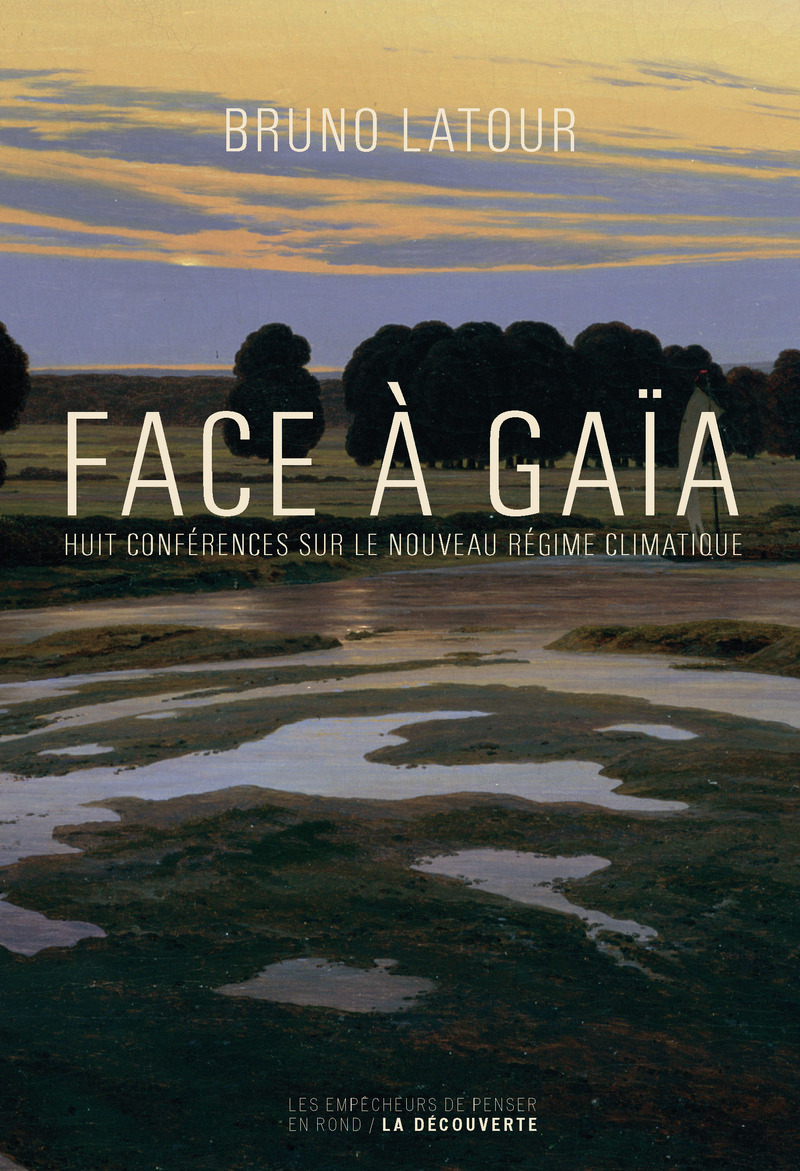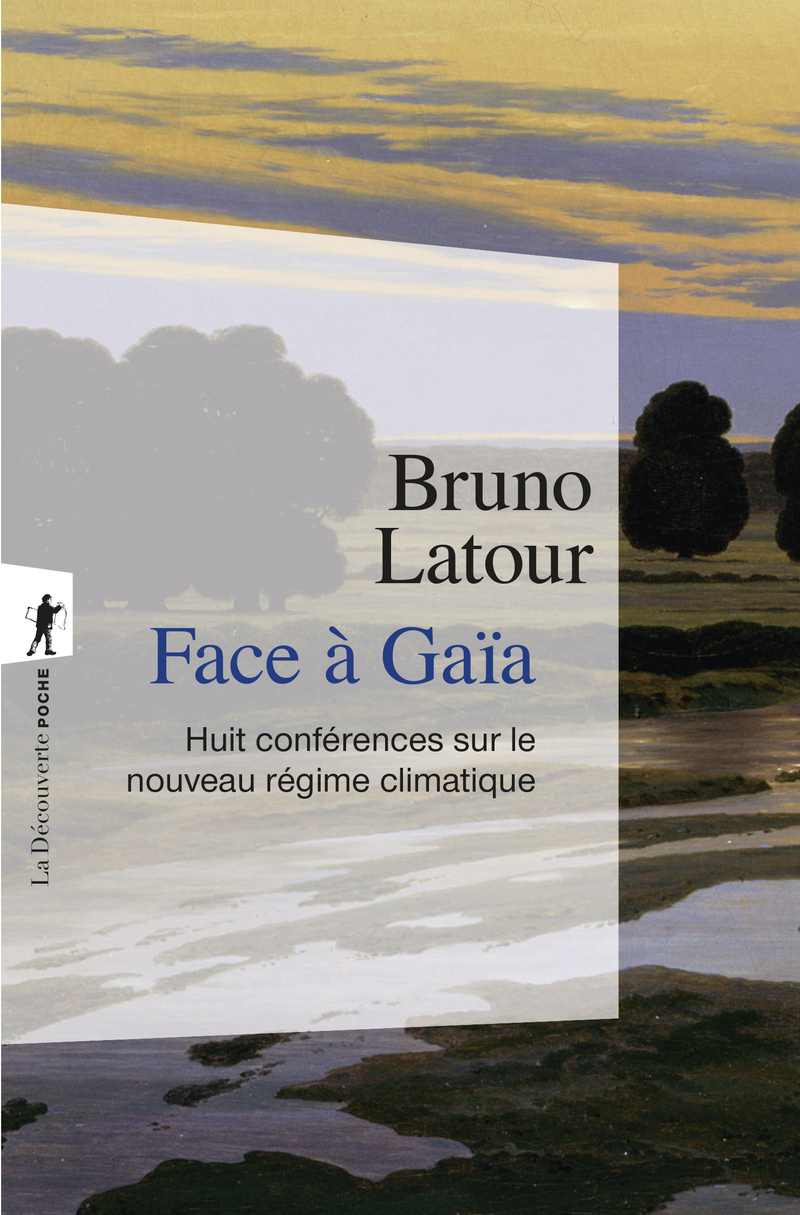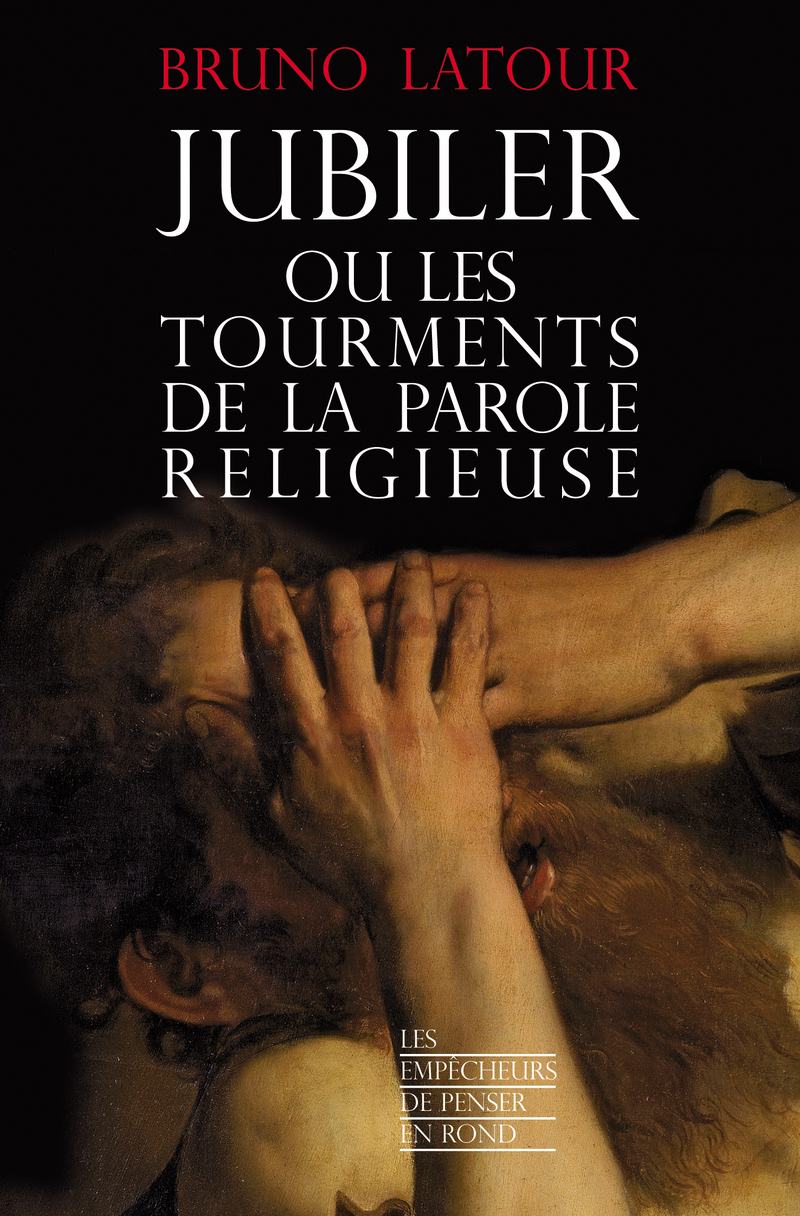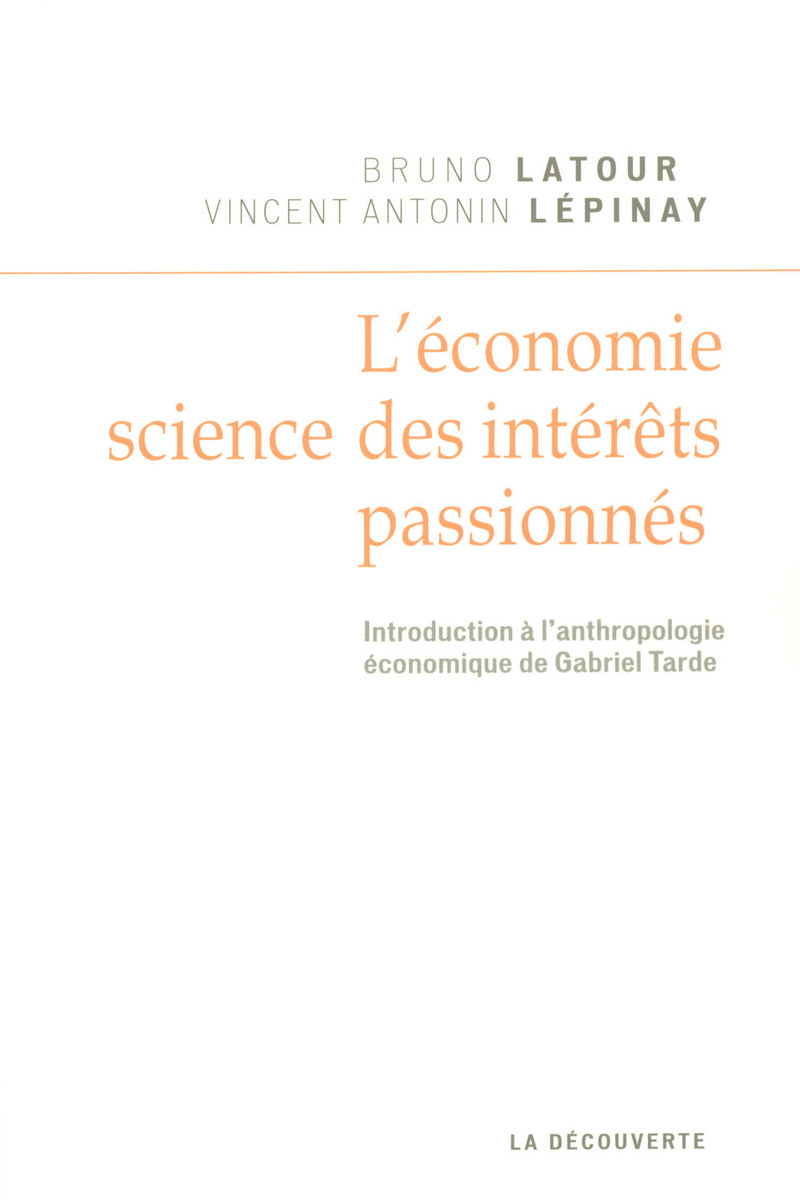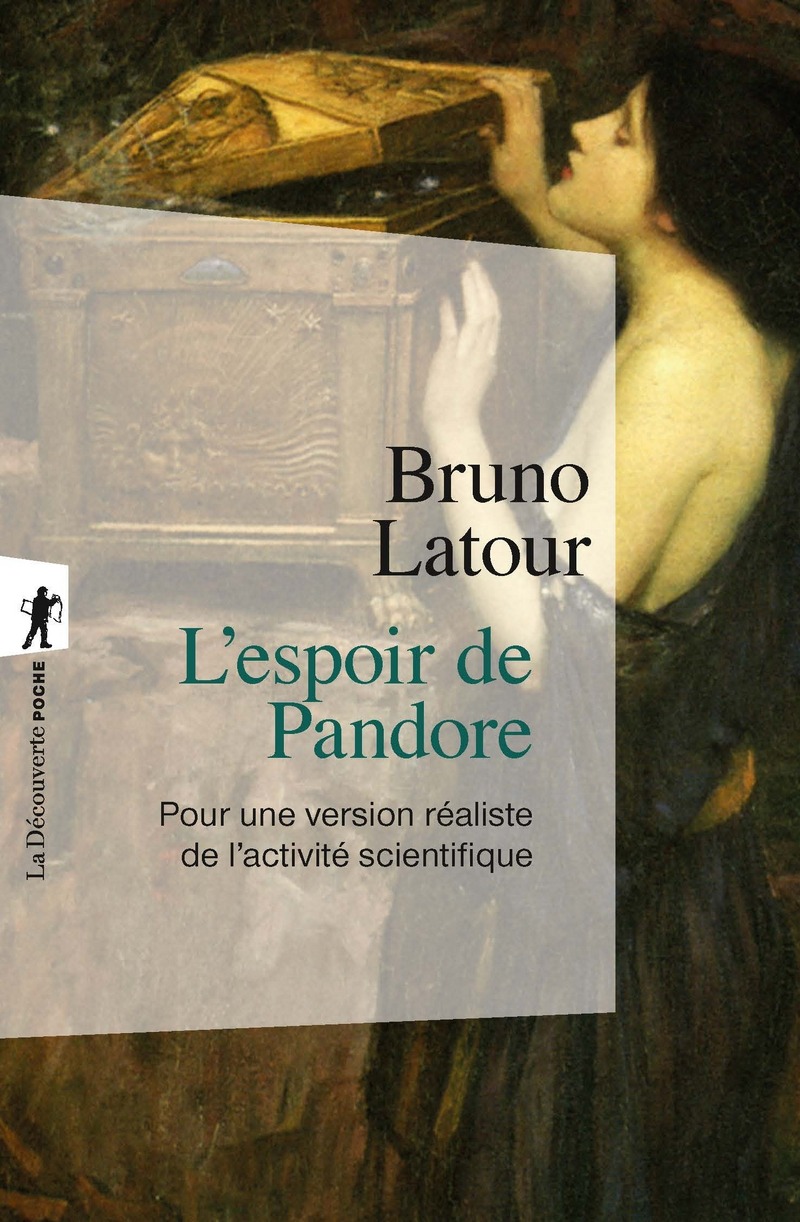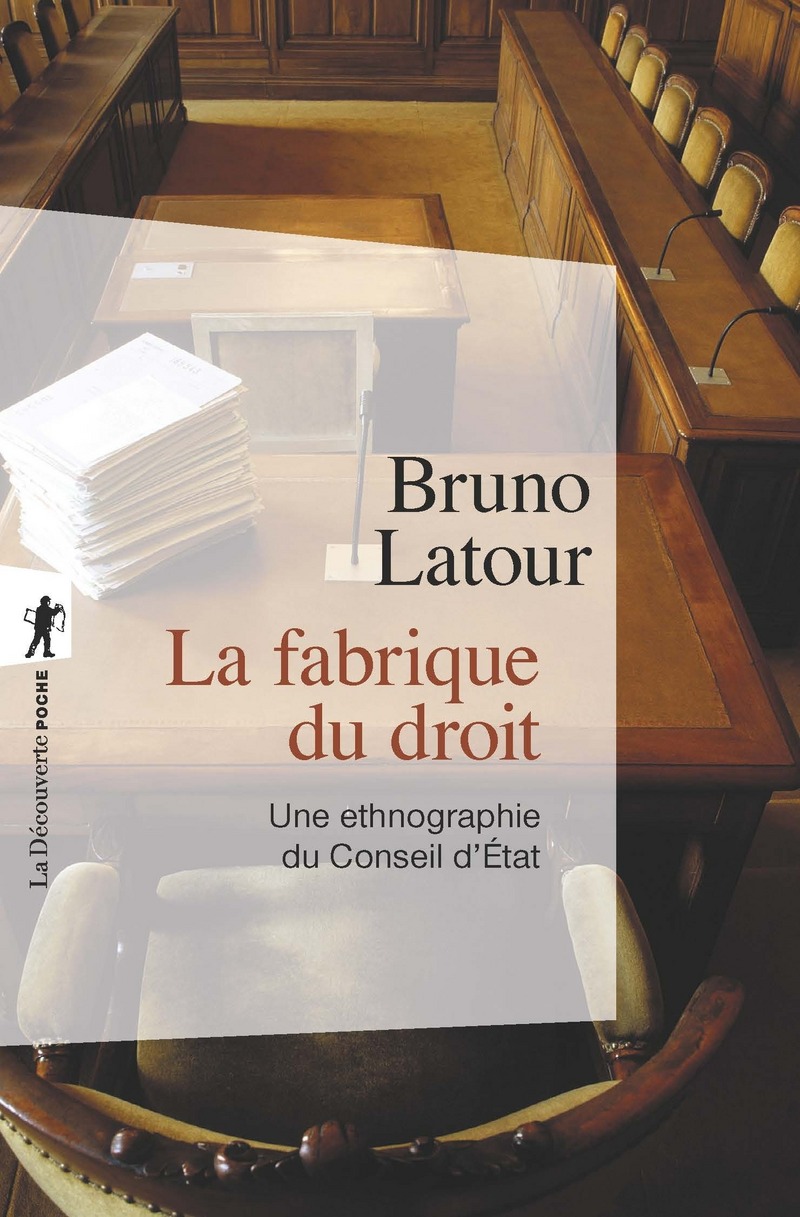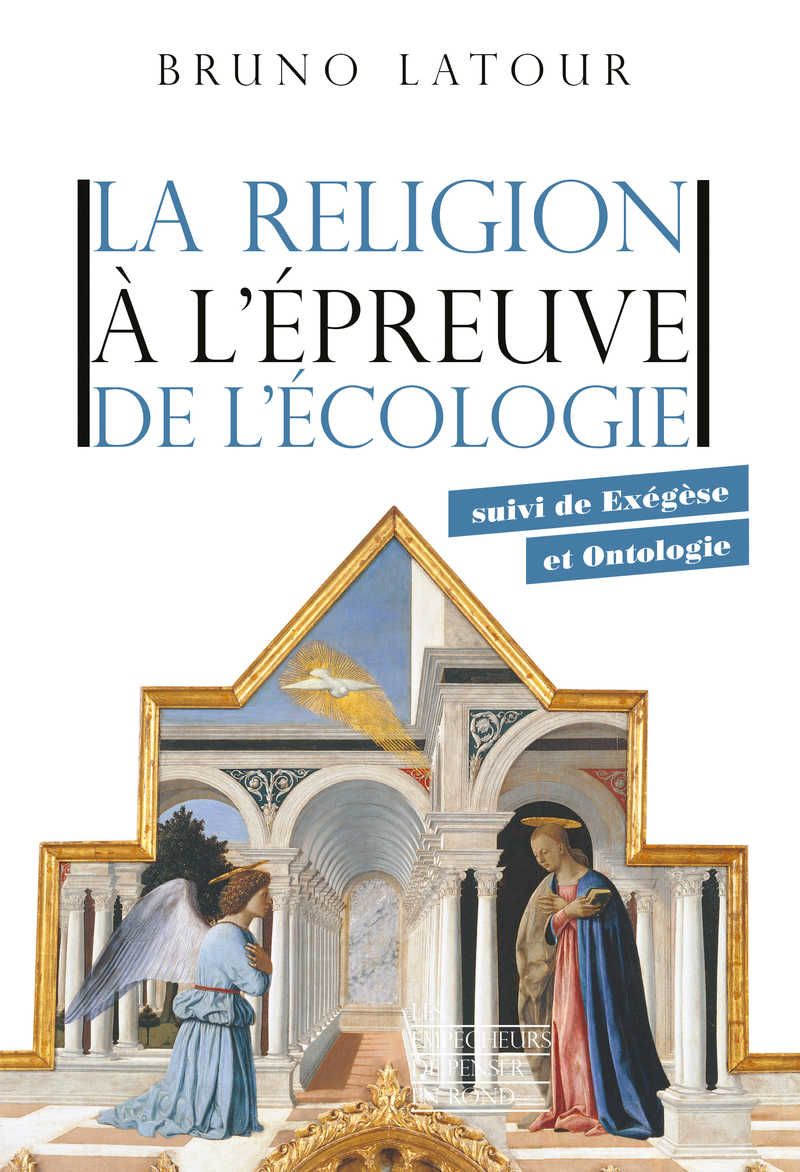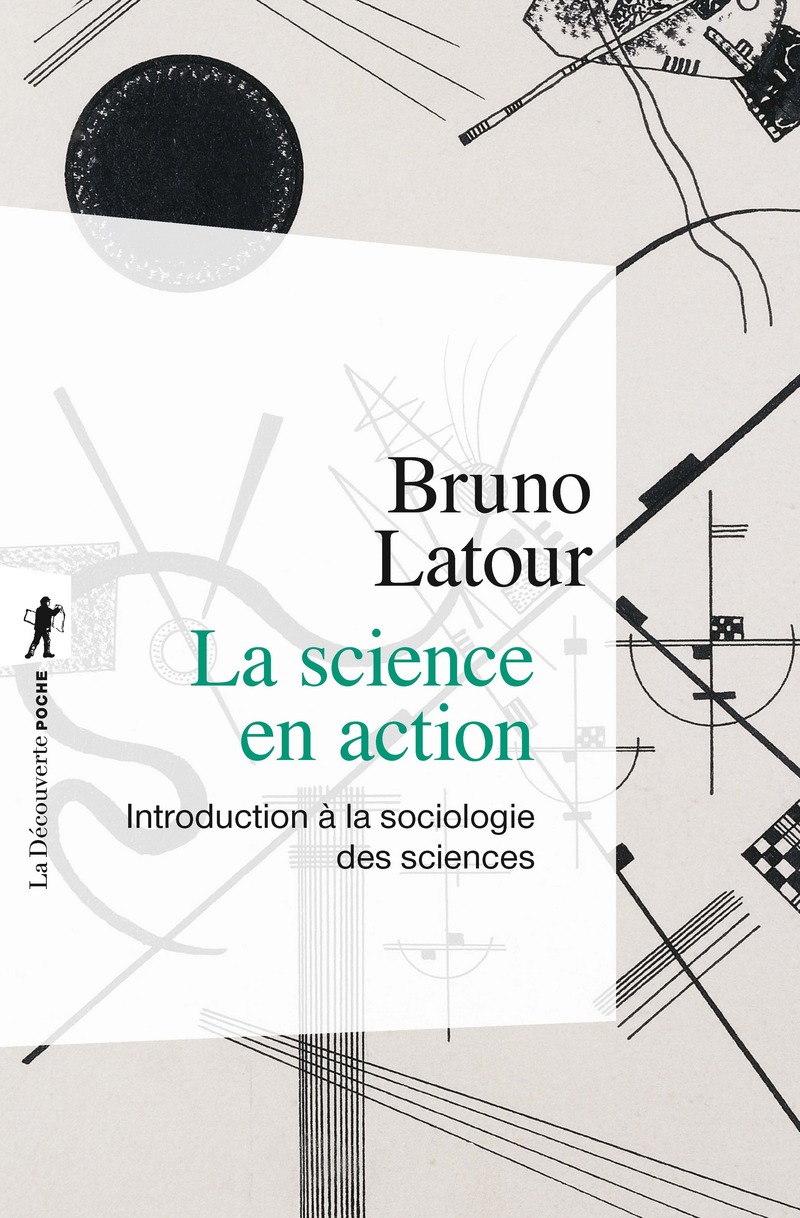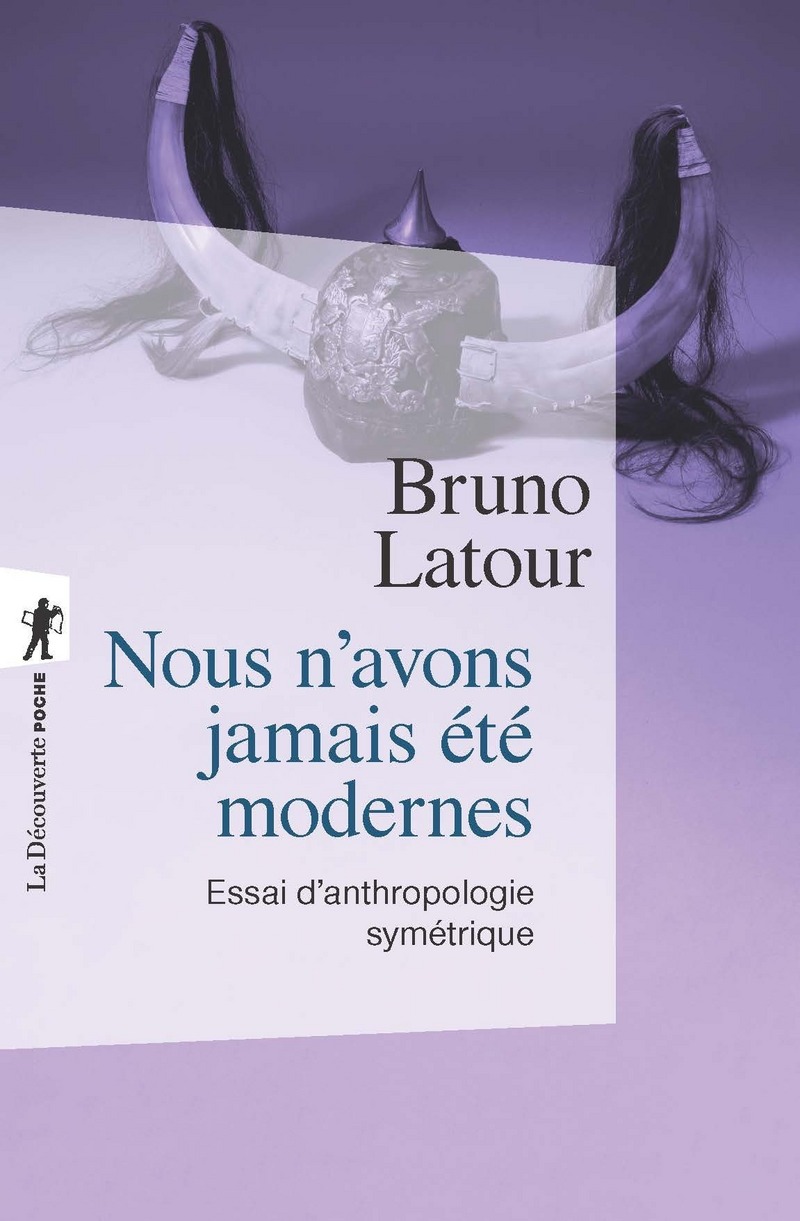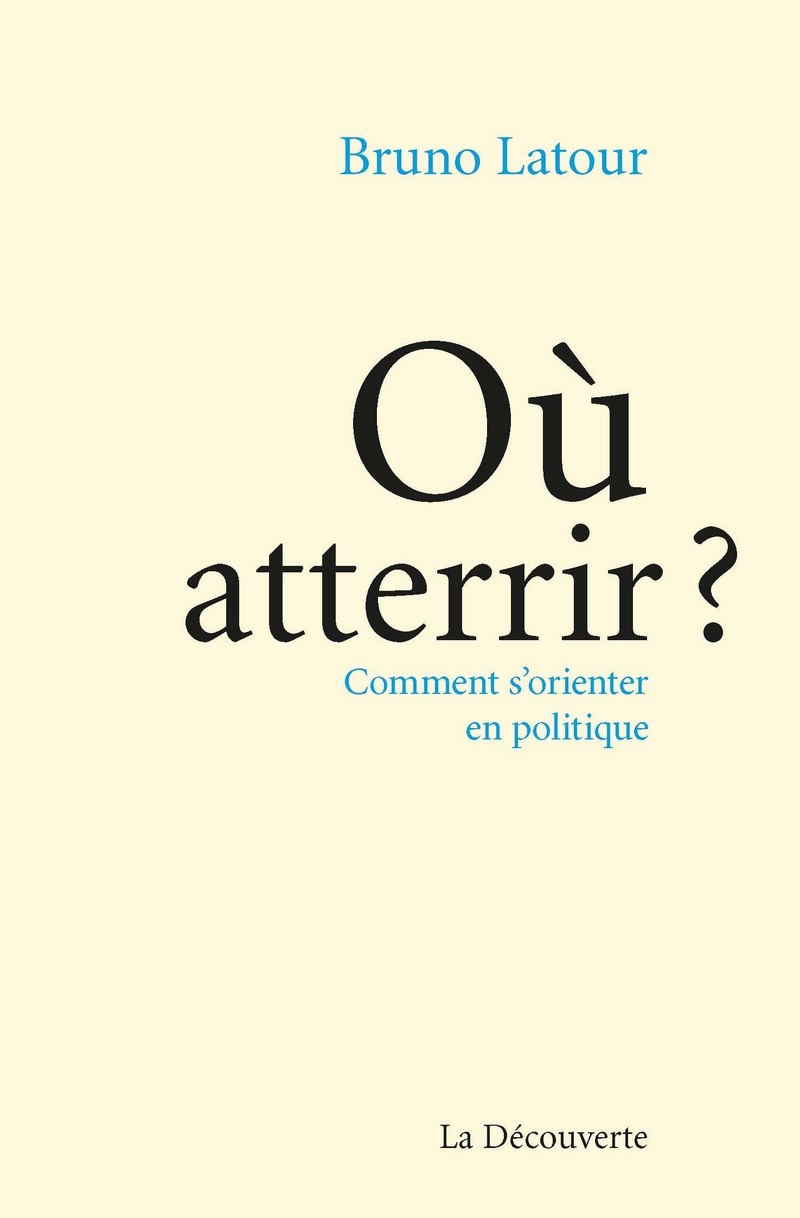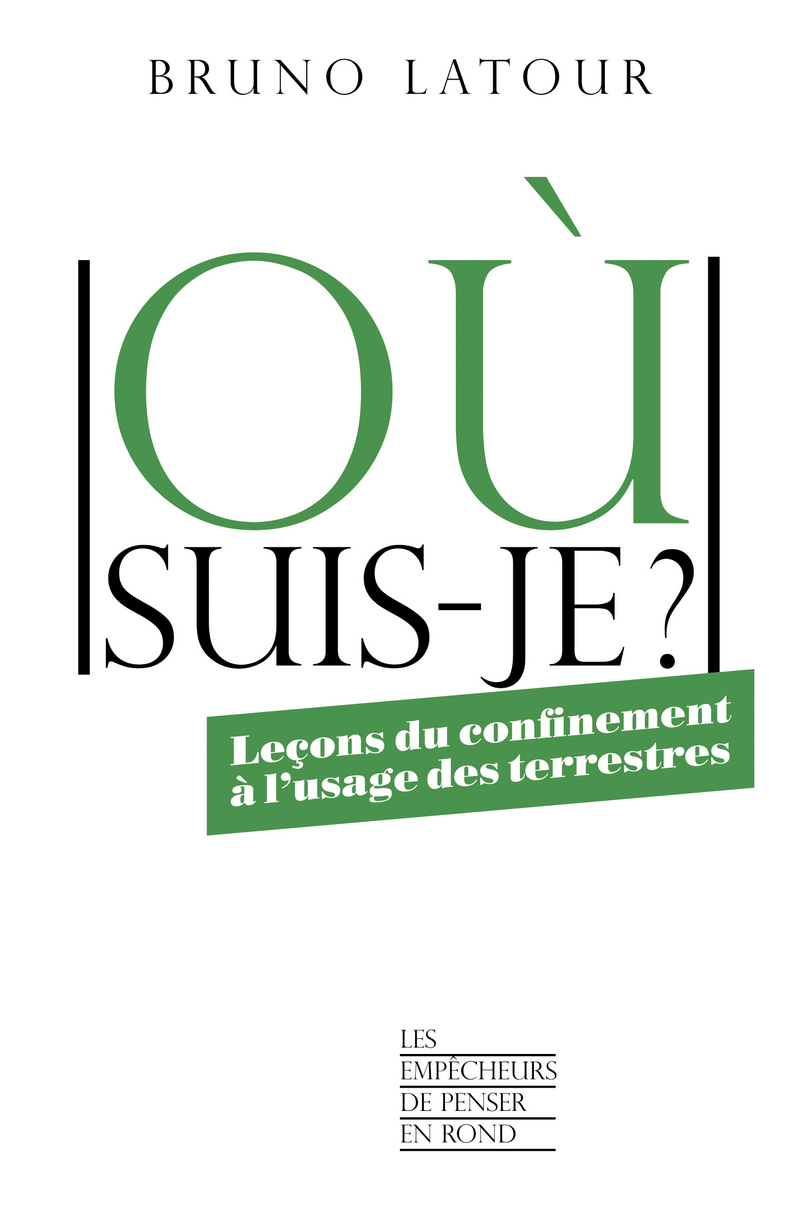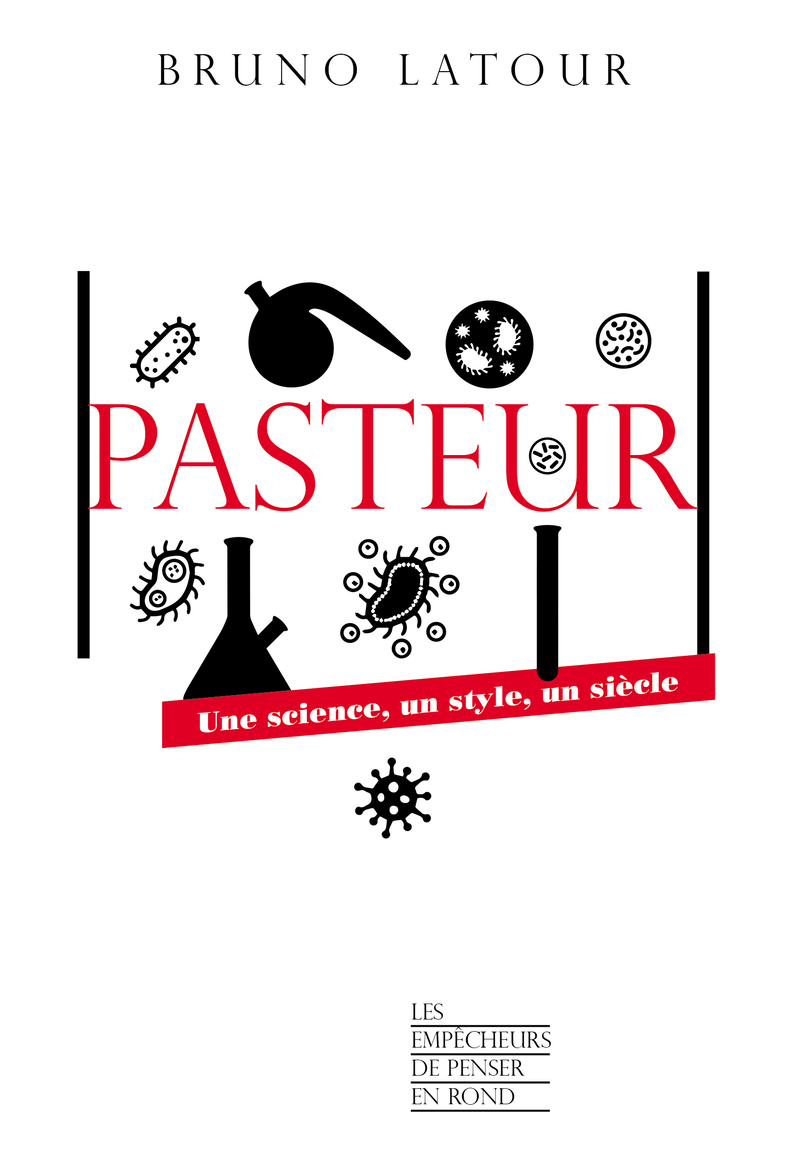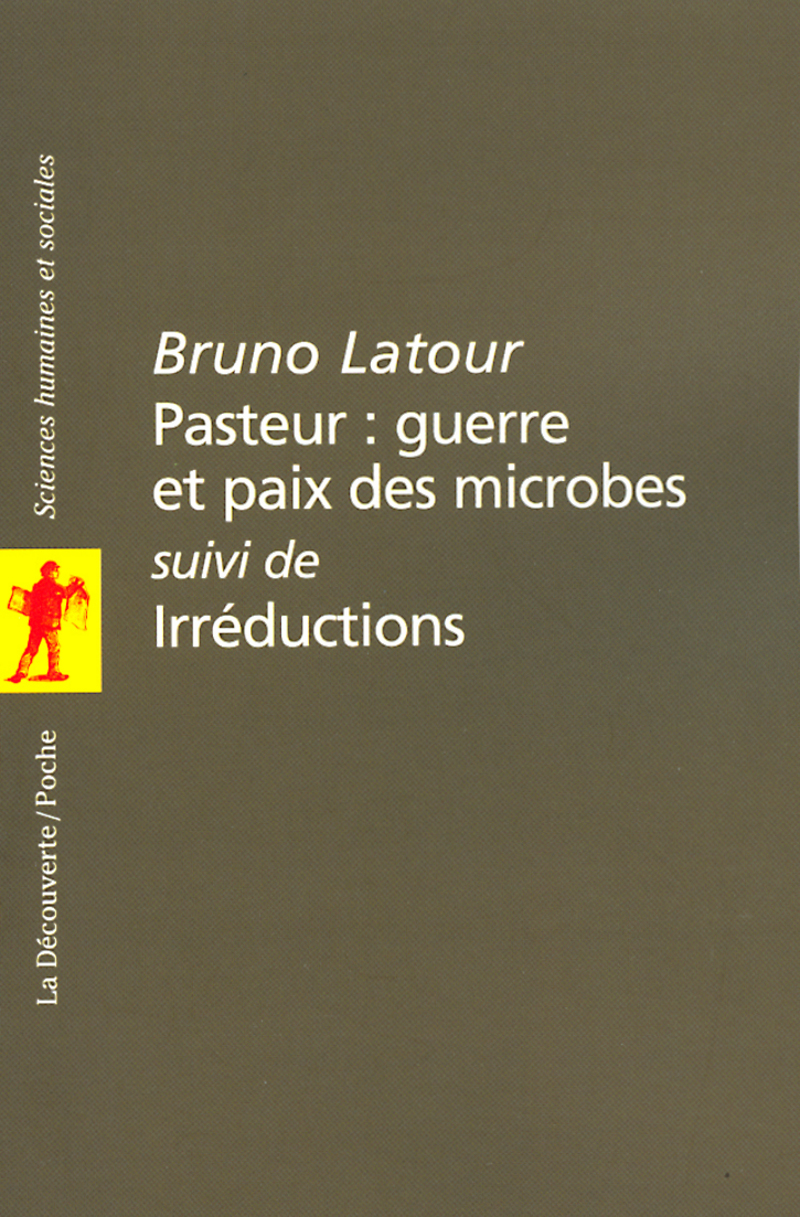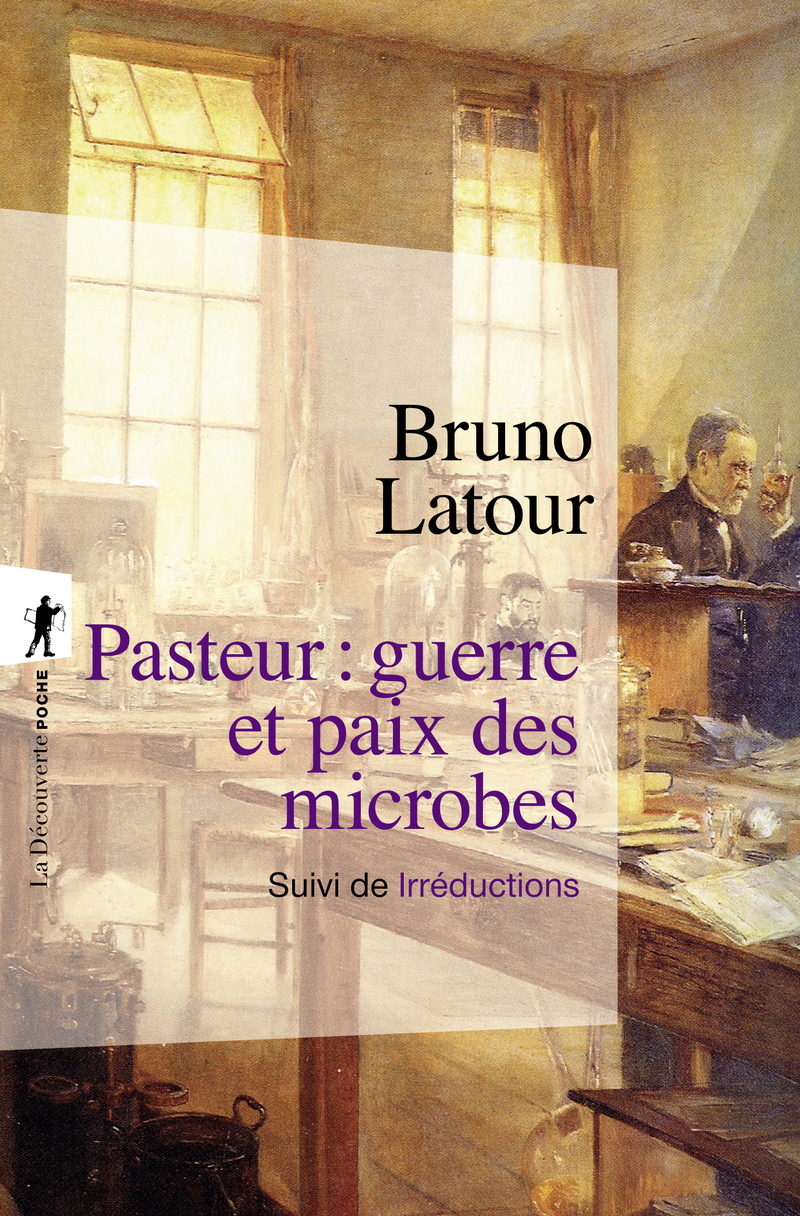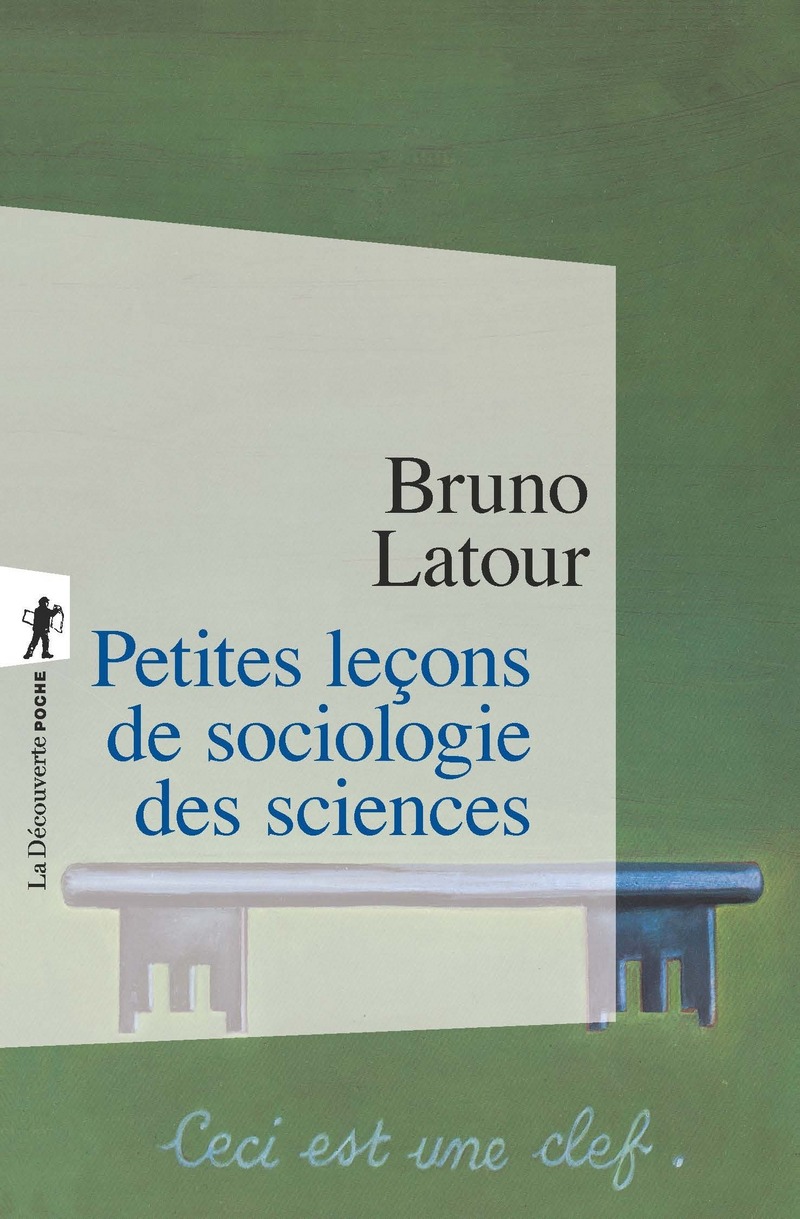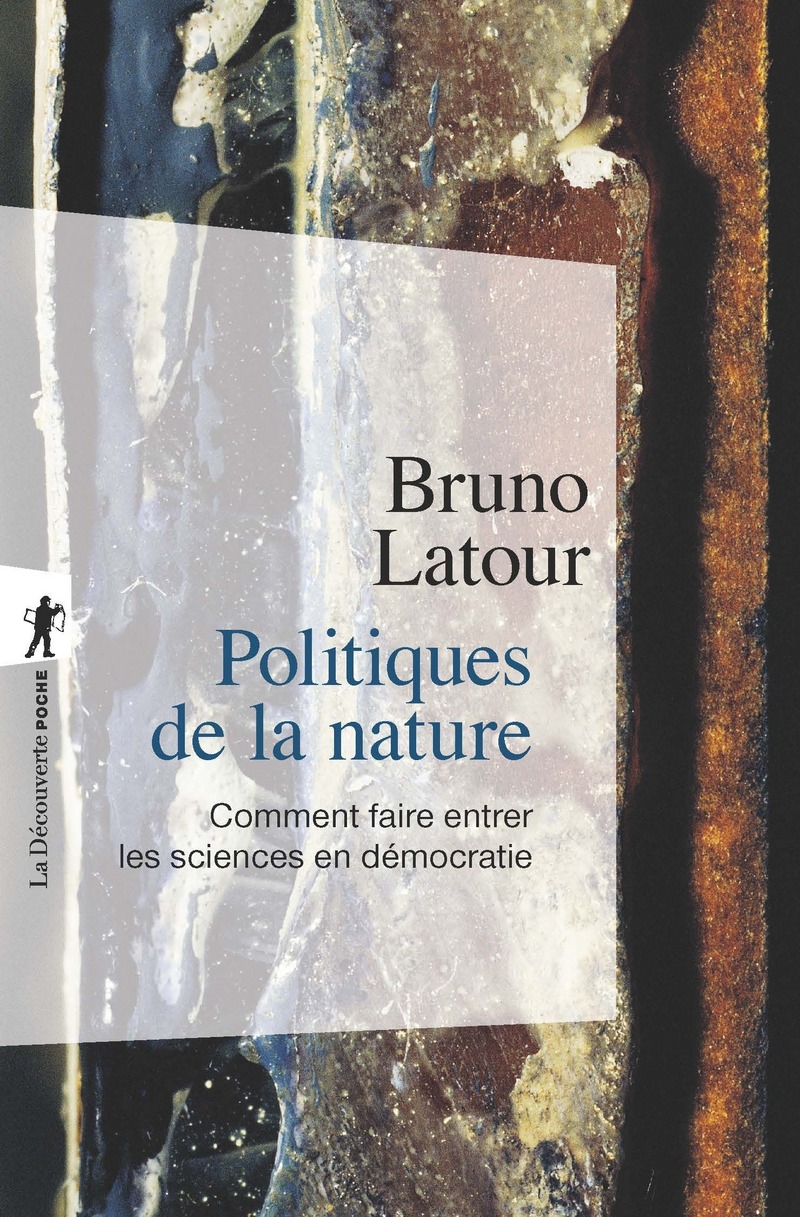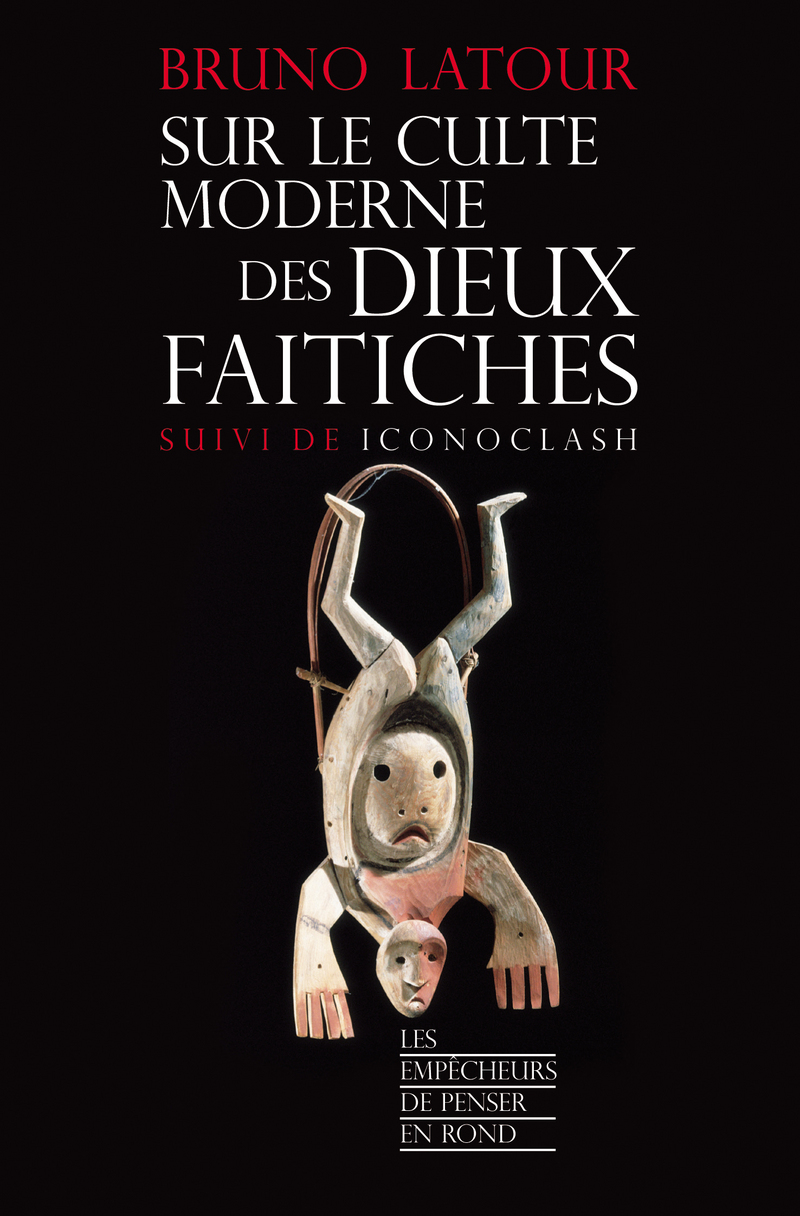Mémo sur la nouvelle classe écologique
Comment faire émerger une classe écologique consciente et fière d'elle-même
Bruno Latour, Nikolaj Schultz
À quelles conditions l'écologie, au lieu d'être un ensemble de mouvements parmi d'autres, pourrait-elle organiser la politique autour d'elle ? Peut-elle aspirer à définir l'horizon politique comme l'ont fait, à d'autres périodes, le libéralisme, puis les socialismes, le néolibéralisme et enfin, plus récemment, les partis illibéraux ou néofascistes dont l'ascendant ne cesse de croître ? Peut-elle apprendre de l'histoire sociale comment émergent les nouveaux mouvements politiques et comment ils gagnent la lutte pour les idées, bien avant de pouvoir traduire leurs avancées dans des partis et des élections ?

Nb de pages : 96
Dimensions : 12.5 * 19 cm
ISBN numérique : 9782359252194
 Bruno Latour
Bruno Latour

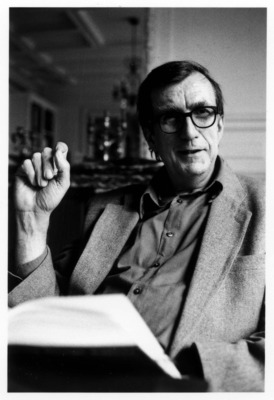
Bruno Latour (1947-2022), sociologue et philosophie, professeur associé au médialab de Sciences Po, a notamment publié Face à Gaïa. Huit conférences sur le Nouveau Régime Climatique (2015), Où atterrir ? Comment s'orienter en politique (2017) et Où suis-je ? Leçons du confinement à l'usage des terrestres (2021).
 Nikolaj Schultz
Nikolaj Schultz

 Actualités
Actualités

Extraits presse 

A l'aide d'un nouveau matérialisme, non plus dialectique, mais que l'on pourrait qualifier de matérialisme écologique, cette nouvelle classe géosociale pourrait régénérer et réorienter cet idéal. Voici, en tout cas, même si " la vie politique est à son plus bas ", un ouvrage destiné à reprendre fièrement ce combat.
2021-12-10 - Nicolas Truong - Le Monde
Dans ce livre, Bruno Latour propose une réflexion sur l'orientation que doivent prendre nos sociétés face au "nouveau régime climatique", à base d'augmentation des émissions de gaz à effet de serre, d'exploitation des ressources de la planète et de destruction des écosystèmes. A l'heure où toutes ces questions gagnent en importance dans le débat public, voyage dans la pensée latourienne et ses lendemains (écologiques) qui chantent.
2022-01-05 - Thibaut Sardier - Libération
Enchaînant les thèses, Latour condense ici ses idées déployées dans ses livres précédents – tel le best-seller Où atterrir ? – mais sous la forme d'une " prose combat " tonique et stimulante destinée à armer les esprits de bonne volonté et à laisser émerger de nouveaux affects.
2022-01-10 - Philippe Nassif - L'ADN
Bruno Latour et Nikolaj Schultz donnent un horizon politique à l'écologie, dans un ouvrage aussi synthétique qu'inspirant.
2022-01-13 - Élodie Maurot - La Croix
Voici un petit essai stimulant, aussi bref que clairvoyant, pour repenser l'écologie contemporaine.
2022-01-22 - Jean-Samuel Kriegk - Blast
Un texte incisif, percutant, en soixante-seize points " à discuter et annoter " et qui arrive à point pour la campagne présidentielle.
2022-01-26 - Weronika Zarachowicz - Télérama
Son "Mémo pour une nouvelle classe écologique" pourrait inspirer toute une génération.
2022-02-03 - Pascale Tournier - La Vie
Des notes incisives et précieuses.
2022-02-16 - Barnabé Binctin - Basta!
Vidéos 

Table des matières 

Mémo sur la nouvelle classe écologique
I. Luttes de classes et luttes de classements
II. Une prodigieuse extension du matérialisme
III. Le grand retournement
IV. Une classe enfin légitime
V. Un désalignement des affects
VI. Un autre sens de l'histoire dans un autre cosmos
VII. La classe écologique est potentiellement majoritaire
VIII. L'indispensable et trop délaissée lutte pour les idées
IX. Conquérir le pouvoir, mais lequel ?
X. Combler par le bas le vide de l'espace public.




